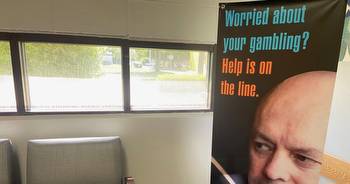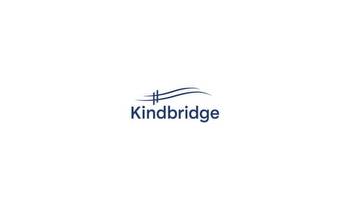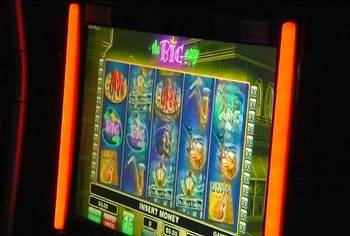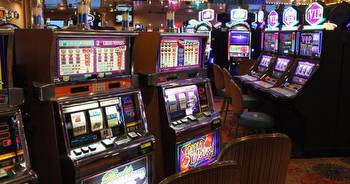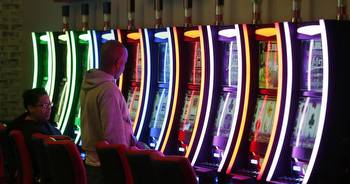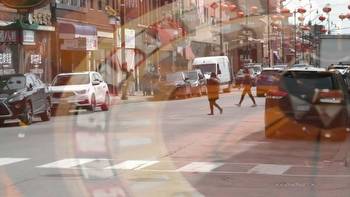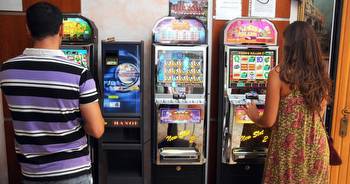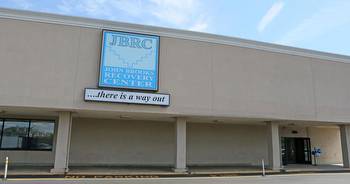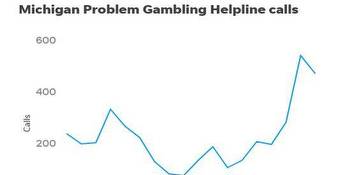More than 11% of Illinois either have or risk developing gambling problem

A first-ever state report about gambling and the associated social problems it creates shows more than 11% of Illinois’ population either has a gambling problem, or is at risk of developing one.
The Illinois Department of Human Services released the 250-page report prepared by Health Resources in Action Thursday at the websiteWeKnowTheFeeling.org. The top line the agency highlights is that 3.8% of Illinoisans are considered to have a gambling problem with 7.7% at risk of developing one.
"It is so important that we have data on the patterns and depth of gambling across the state,” said IDHS Secretary Grace Hou. “I hope this report will be used to advance and expand effective treatment and recovery options for people experiencing problem gambling disorder throughout Illinois.”
“In an average year, people with problem gambling estimated that they spent a median of $16,750 on gambling,” the report said.
Illinois Church Action on Alcohol and Addiction Problems Executive Director Shane Hartman said the negative impacts on problem gamblers are heartbreaking.
“You look at the dollar amounts spent and you wonder, are people getting their rent paid, are they paying for power, are they paying for food,” Hartman told The Center Square after reviewing the report. “Where is this money going? Let alone the addiction side. It just affects such a huge chunk of our population.”
The report quotes a focus group participant on what may be the mindset as “I have $5, why not bet it? If I win, then we can move out of this neighborhood.”
Recommendations from the report include “providing consistent funding toward problem gambling prevention and services, increasing awareness about problem gambling and its symptoms, and improving access to holistic treatment for problem gambling.”
The state says it is set to spend $10 million in the upcoming budget on problem gambling prevention. A recent Commission on Government Forecasting and Accountability report showed the state collected more than $1.3 billion in revenues from wagering last year.
Hartman said Illinois’ expanded gambling is not worth it.
“My diehard answer is no, I don’t think it’s worth it,” Hartman said. “We pay human costs for what little revenue we actually gain.”
Around 68.4% of survey respondents said they had gambled in the past year with the vast majority playing the lottery, followed by 33% “gambling with friends,” and 15.3% organized sports and fights betting. Online gambling made up around 12.6% of respondents' gambling activities.
“The most common forms of gambling that people with problem gambling reported engaging in weekly or more were online gambling (72.3%), racetracks (71.4%), and the lottery (69.9%),” the report said.
The state is preparing for a new casino in Chicago after expanding the Illinois lottery online and sports wagering.
Getting help with problem gambling may be found in some areas of the state, but not in others.
“Even in the great city of Springfield, there’s one place to go and you better have private insurance or you won’t get any help,” Hartman said.
A statement from IDHS said taxpayers have funded 26 gambling treatment programs with 21 providing outpatient treatment and services to the communities they serve.
“Over the past two years, over 245 clinicians have been trained to provide gambling disorder treatment services in Illinois,” a statement from the department said.
Problem gamblers can also call 1-800-GAMBLER.
“I’m glad they have [the helpline], I can’t say anything bad about it, but it’s just not enough,” Hartman said. “The social cost is incredible. People are losing their homes, they’re losing their families, they’re broke, they’ve stolen money, they’re getting into clashes with the law. There are just so many things that this does.”











